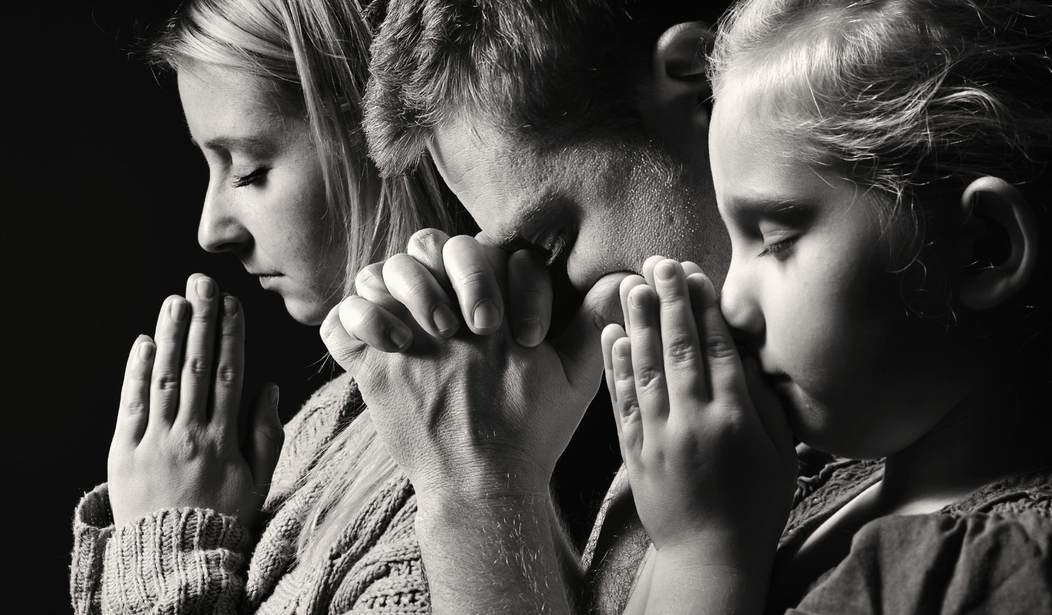All parents are well acquainted with the gratitude gap: the sometimes unfathomable disparity between how much you do and give for your children, and how minuscule is their capacity to conceptualize, much less appreciate, all you sacrifice for them.
Many parents go into pity party mode here. They shouldn’t, for two reasons. First, over-dwelling on how rough you have it as a parent only undermines the lesson you’re trying to teach your kids: that life is not all about you, so be grateful for what you have, whatever you have.
Second, children are no respecters of persons. Of course they’re not as grateful as they should be for your discharging your parental duties, but at least they do not discriminate with their ingratitude. It’s not you they under-appreciate, it’s everything, and this irks you. That’s why you talk about indigent children starving in Africa as your butterball child mumbles and picks at the macaroni-and-cheese he was begging for 30 minutes prior. When you play the Kenya card, you’re not sticking up for yourself against your kid, or thinking about yourself (congratulations). You’re standing up for the world. Unfortunately, this rhetorical tactic is as ineffective as it is famous. Is this because it lacks rational merit? No, it’s because your kid is human, or 5, or both.
Most parents have also learned the hard way, and with an ample measure of crow, that the gratitude gap works both ways. How many times—per day—do we ignore, overlook, or rush through ripe opportunities to appreciate how good we have it as parents? Think bigger than looking at your phone when you should be looking at your kids, or unabashedly hurrying them off to bed so you can catch a few hours of adult swim without urchins hanging all over you. Think instead of times when your kids, who (at least for the moment) have embraced pitch-perfect priorities, are vocally thankful to be spending time together as a family—while you would rather be elsewhere, if only mentally. For me those moments are rewarding and convicting: He’s got it! Have I lost it?
On a given day when the gap is small and my kids and I “get” gratitude well, the purity of their appreciation always surpasses mine. Something from work, marriage, extended family, church, or The Drudge Report is always hovering on the outer circumference of my radar, begging to close in on my wife and kids who are at my center. Even when all is right with the world, part of every good parent remains on high alert, lest pain or poison suddenly strike. Not so our kids. Children, who most need to learn gratitude, have the fewest obstacles to learning it, simply because they lack the responsibilities of adults.
Nineteenth-century Scottish writer George MacDonald captured a similar adult/child gap as pertains not only to gratitude, but to faith. As an adult, he serves as his own subject for half of the equation. For the child’s side, he again takes a version of himself. He draws not from his son or grandson, or even from his own boyhood memories, but from the child quality that Christ said all people who would enter the kingdom of heaven must possess: “Truly, I say to you, whoever does not receive the kingdom of God like a child shall not enter it” (Luke 18:17).
MacDonald’s poem, from November 24 in “Diary of an Old Soul,” reads:
The mortal man, all careful, wise, and troubled,
The eternal child in the nursery doth keep.
Tomorrow on today the man heaps doubled;
The child laughs, hopeful, even in his sleep.
The man rebukes the child for foolish trust;
The child replies, “Thy care is for poor dust;
Be still, and let me wake that thou mayst sleep.”
MacDonald nails the tension in the (Christian) human heart. Temporarily holding the upper hand is “mortal man” and his anxious, joyless, worldly-wise management of treasures that, ultimately, moth and rust will destroy. Meanwhile the portion of his soul subscribed to childlike faith pushes toward the surface, demanding to be the rule rather than the exception.
Primarily an image of faith versus fear, and an injunction against the latter, the poem leverages a famous teaching of Jesus promising rest for the weary who follow him with the faith and humility of children.
The poem offers secondary fruit worth picking. Most Americans emphasize thankfulness in some form during the holiday season, yet giving thanks grows onerous when worldly anxieties crowd our faith. Most people also stress the importance of shoring up family time, yet doing so requires divorcing ourselves from the work and duties that usually envelope us—from cares for “poor dust.” We’d do better to train our sights on what moth and rust cannot destroy—now, during, and after the holidays.









Join the conversation as a VIP Member